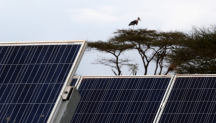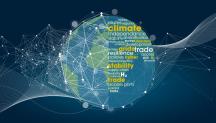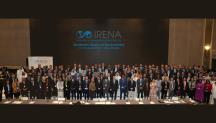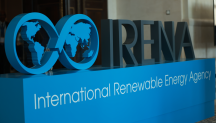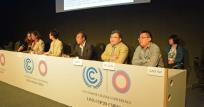
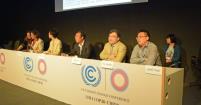
China Makes Big Strides in Renewable Energy, But More Possible
Newsletter
Today, leaders from Chinese government and industry gathered on the side lines of the UN Climate Change Conference to present China’s policies and actions for addressing climate change. According to Su Wei, China's lead climate negotiator, China plants to reduce the amount of greenhouse gases emitted for every dollar of gross domestic product and to boost its stock of forests that absorb emissions.
China made headlines last month when it announced a joint deal with the United States to reduce emissions. It plans to cap carbon dioxide emissions by 2030 and expand the share of non-fossil energy in total primary energy supply to around 20 per cent by 2030. China has already made strides in renewable energy, installing more renewables capacity in 2013 than Europe and the remaining Asia Pacific region combined, and providing 2.6 million jobs in the renewable energy sector.
Research shows however, that China can do even more.
According to an IRENA report, China can increase its use of renewable energy from 13 to 26 per cent by 2030, a nearly fourfold increase in the share of modern renewables between 2010 and 2030, and become the world’s largest renewable energy user.
The report is part of IRENA’s renewable energy roadmap, REmap 2030, which provides a plan to double the share of renewable energy in the world’s energy mix by 2030 as a means to avoid the worst effects of climate change.
With current policies in place, the share of renewables in China’s energy mix will only rise to 17 per cent by 2030. The required investment of USD 145 billion could potentially save China more than USD 200 billion, factoring in the benefits of improved health and lower CO2 emissions.
China has demonstrated that it possesses the will and resources to spearhead a transformation of global energy use. REmap 2030 suggests concrete pathways to be considered to meet this generational challenge: to attain a clean and secure energy system in China and for the world.
Find out more: visit: www.irena.org/REmap.

